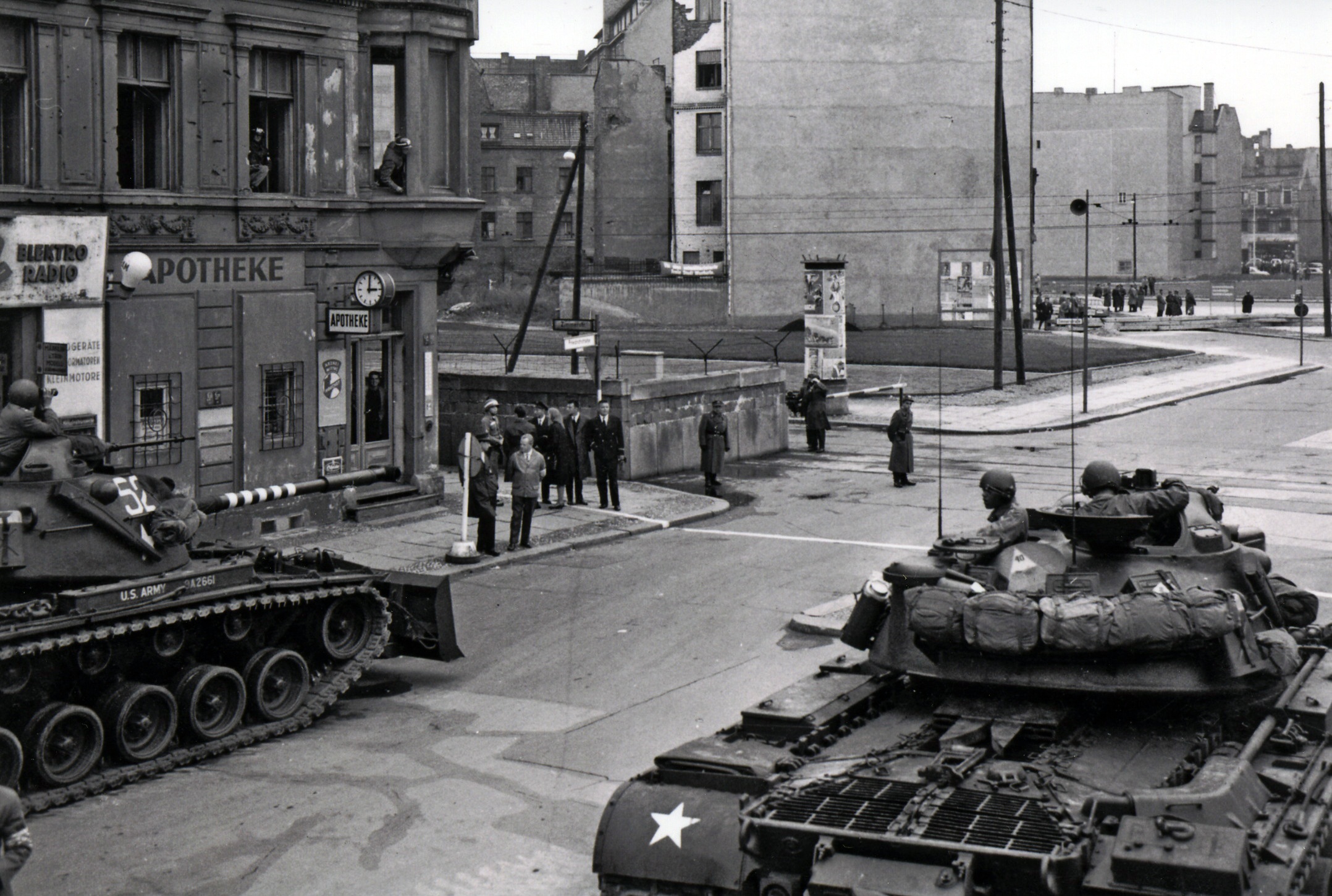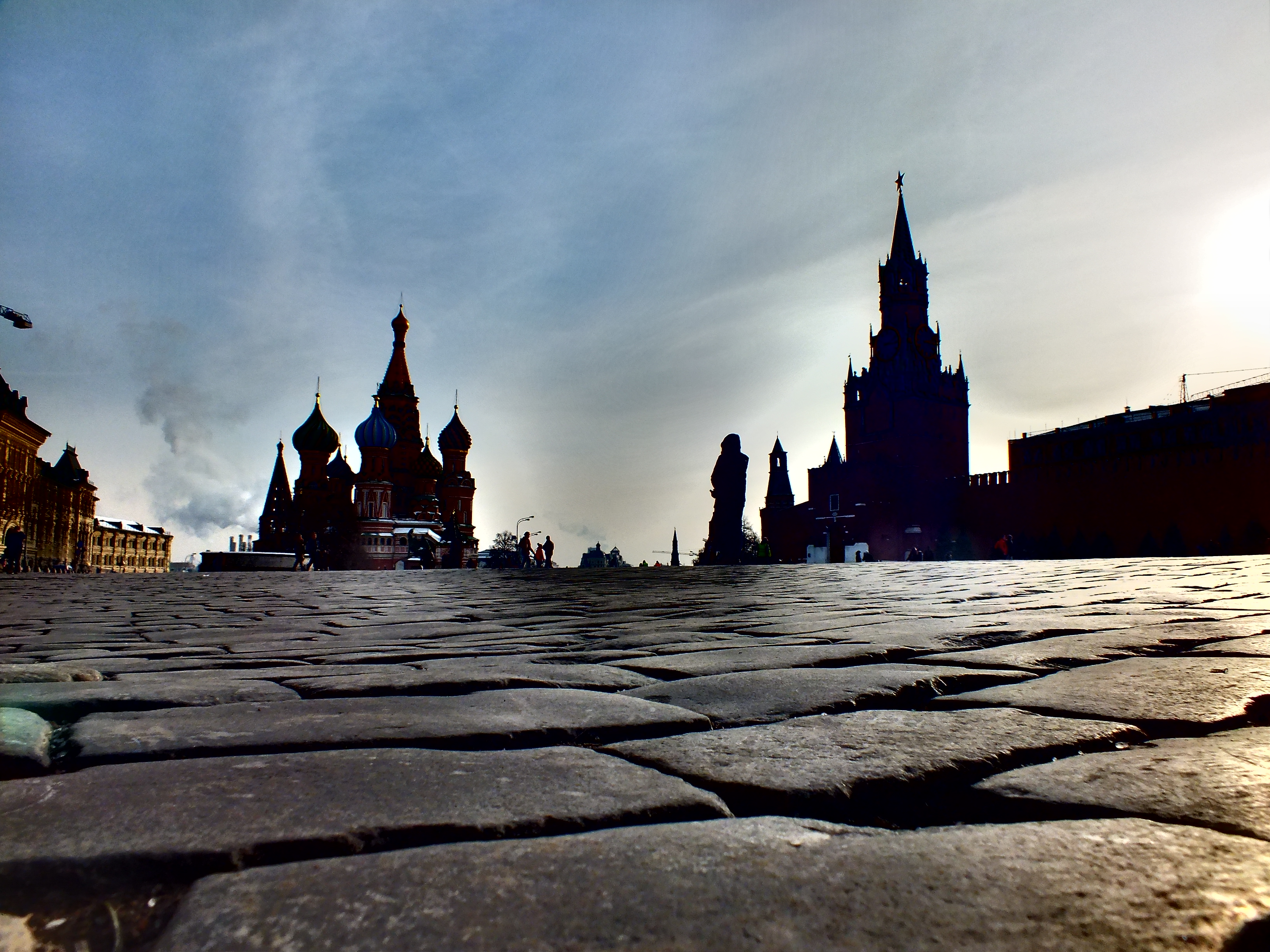Narratives are powerful things. They shape national and individual psyches, not to mention our global understanding of phenomena like pandemics. In the age of the internet, the power and reach of narratives have increased exponentially. We live, as they say, in the age of information. How can democracies protect freedom of speech and plurality of opinions while avoiding the worst ravages of disinformation? Particularly when it is used purposefully as a weapon of political warfare? Experts at the Center for Strategic and International Studies (CSIS) in the US and the Hague Conversations on Conflict in the Netherlands recently discussed this problem with regards to both Russia and China. All agree that the advent of corona virus, has highlighted the extent and power of dis/misinformation.
Disinformation has been around for decades. It existed before the arrival of the internet and indeed played a significant part in the Cold War, as Professor of Strategic Studies at John Hopkins University, Thomas Rid explains in his recent book on the subject. Active Measures: The Secret History of Disinformation and Political Warfare traces the history of political warfare from 1950 to 2016. A variety of examples, mostly from the so-called Russian playbook but also from China and the US are examined in detail.
Exploiting existing divisions within a society.
The anti-Semitic campaign instigated by the KGB in 1959 at a new opened synagogue in Cologne is now something of a text-book case. It began with the graffitiing of swastikas on the sides of the place of worship, accompanied by the words ‘Jews out’. This was followed by threatening phone calls to Jewish people alongside the desecration of Jewish graves and shops. Little more was needed to re-ignite a deeply divisive narrative. Over the next two months, West German authorities recorded 833 separate anti-Jewish acts. The phenomenon spread globally. The Danish King’s summer home was graffitied and a Jewish MP in Britain was threatened with murder.
In time, evidence showed that the campaign had been instigated by two East German agents whose mission was to infiltrate far-right groups in West Germany and whip up anti-Semitic sentiment. The idea was the brainchild of a General Ivan Ivanovich Agayants, who headed Department D, for disinformation, in the KGB. As Professor Rid points out, sometimes the most effective disinformation campaigns are those that fan far right extremism and/or amplify existing conspiracy theories. The irony, is that instigators of such campaigns often lose control over them as happened in this case. Anti-Semitic acts spilled across the Berlin Wall into East Germany, clearly not the intention of the KGB.
‘A pandemic is the best raw material one can hope for in terms of disinformation’ – Professor Thomas Rid
‘A pandemic is the best raw material one can hope for in terms of disinformation’ says Rid. The high levels of fear and uncertainty which ensue provide the perfect breeding ground for such campaigns. Operation Denver was the name given another, now infamous KGB disinformation campaign, designed to portray HIV Aids as a biological weapon created at Fort Detrick by the US military. This campaign tapped into existing far-right conspiracy theories already circulating in the US at the time. The corona pandemic presents some similarities but also arrives at a time when divisions within US society are extremely high. This was before the Black Lives Matter protests began.
Adding yet more fuel to the fire, is the fact that it is election year in the US. Trump’s election to the White House in 2016 gave rise to the Mueller Report, an official report documenting the findings of former Special Counsel, Robert Mueller’s investigation into Russian efforts to interfere in the 2016 United States presidential campaign. Professor Rid maintains that the extent to which Russian disinformation impacted the results of the 2016 US elections is ‘an unknowable fact’.
He warns against ‘emotional responses’ that site Trump’s election as the result of interference by ‘foreign powers’. ‘Our perception of Russian interference is creating more problems than Russian interference itself’ he notes. Rid notes in a recent op-ed for the New York Times, that US intelligence assessment of Russian intelligence operations in the run-up to this year’s US elections is expected to focus on the support and amplification of white supremacist groups in order to incite violence. They agree that such measures are not employed to strengthen Trump but rather to weaken the United States as a whole.
‘Europe has been a laboratory for Russian disinformation for decades’ – Heather A. Conley, CSIS.
A divided society is one in which disinformation thrives. Combined with the culture of anonymity unleashed by the rise of the internet in the early 2000s, it is ‘a dream come true for disinformation actors’ says Rid. The EU’s 27 member states frequently disagree on a variety of issues. In some circumstances this plurality of views and opinions can prove helpful and healthy. But in terms of disinformation, these divisions are all too easily exploited. Heather A. Conley, Director of the Europe Program at CSIS, agrees that although Europe is becoming increasingly vigilant regarding misinformation operations, it has been ‘a laboratory for Russian disinformation for decades’. As China has taken an increasingly active role in disinformation campaigns, following the outbreak of corona virus, Conley notes that this has caused increasing political tensions in Europe.
Director of the European Values Center for Security Policy, Jakub Janda, explained recently in the Hague, that China has focused specifically on increasing disinformation campaigns in Europe in the last year and half. The goal; to get the EU to ‘decouple itself from the US’. He outlines the Chinese Communist Party’s objectives in Europe as follows: silencing Europe on sensitive issues like Taiwan and China’s human right’s record; deflecting blame for the corona virus and pressing hard on Europe regarding 5G, particularly Huawei’s role in it. It’s tool box he says, is similar to Russia’s but China has far more leverage because of its huge economic power.
What to do?
Professor Rid warns against the temptation to ‘fight fire with fire’. Such an approach is problematic for several reasons he explains. Not least because, ultimately, ‘one can’t excel at democracy and disinformation at the same time’. Conley emphasises the need for the EU and the US to work together on countering disinformation campaigns directed at dividing them. While Janda points out that European countries would do well to stand together and be firm with China, particularly regarding their values.
‘This fear of China is not helpful’ Janda says. Pointing to Australia’s approach to China and Lithuania’s approach to Russia as models for future clever cooperation, he argues that a stronger, more assertive Europe will help ensure it does not ‘get crushed between the US and China’. Nevertheless, respecting a plurality of viewpoints and a range of individual freedoms does indeed make the battle more difficult. ‘Sober, fact-driven intelligence’ on all forms of information is to be recommended, and most of all, ‘Find people to disagree with’ suggests Professor Rid.


